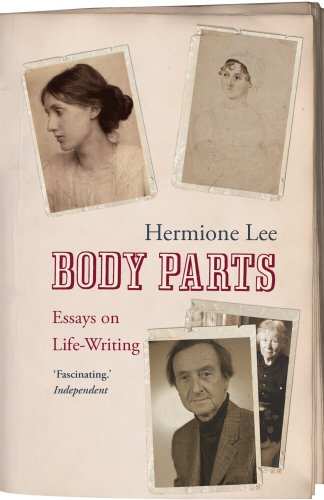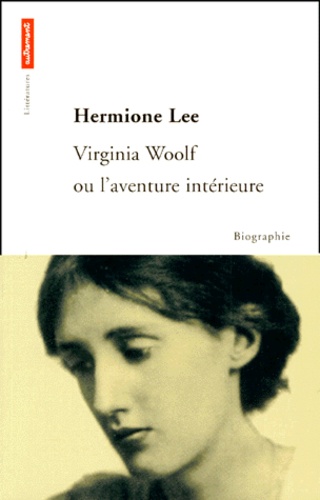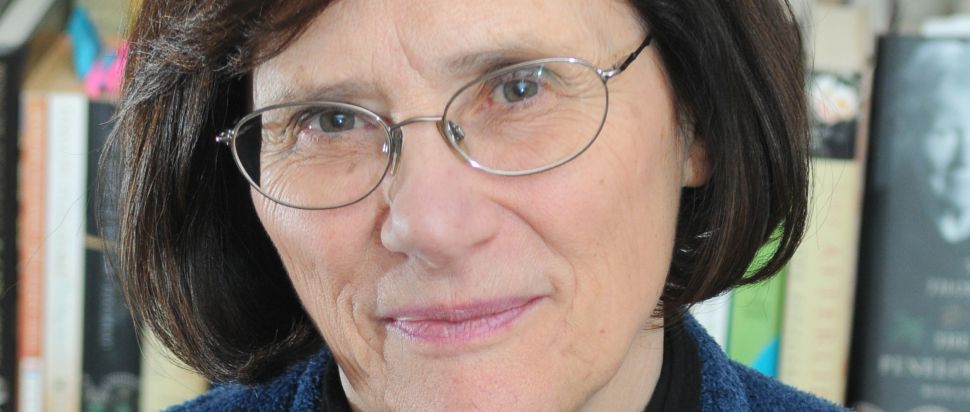
Her nightmarish marriage and midlife passionate affair with Morton Fullerton, the straitjacket social code that she violated by seeking a divorce were transmogrified in the novels, stories and poetry (some of it erotic). (Although she provides many instances of Wharton's violent anti-Semitism, Lee does not note the paradox of Wharton's close relationship with Berenson.) In no other biography is there a more perceptive analysis of how Wharton's life was reflected in her work. Lee challenges several traditional stereotypes about Wharton, including her literary relationship with Henry James-more peer than acolyte, Lee shows-and with Walter Berry and Bernard Berenson.

Most important, Lee exhibits an intuitive empathy with her subject (never glossing over her less admirable characteristics) and thus animates Wharton as a fully dimensional figure of complex and contradictory values and impulses-a woman of fierce ambition and lingering self-doubt, of generous friendships and ignoble snobbery and prejudices, with a zest for travel and adventure despite frequent, debilitating ill health.

Access to previously unrevealed letters, and the same meticulous research for which her Virginia Woolf biography was praised, allow Lee to illuminate many dark corners of Wharton's life and to reinterpret previously accepted opinions. Reading Lee's superb new biography is akin to comparing a fine watercolor sketch to a vivid masterpiece.

Lewis's excellent 1975 biography had precluded the need for another book about Edith Wharton.


 0 kommentar(er)
0 kommentar(er)
